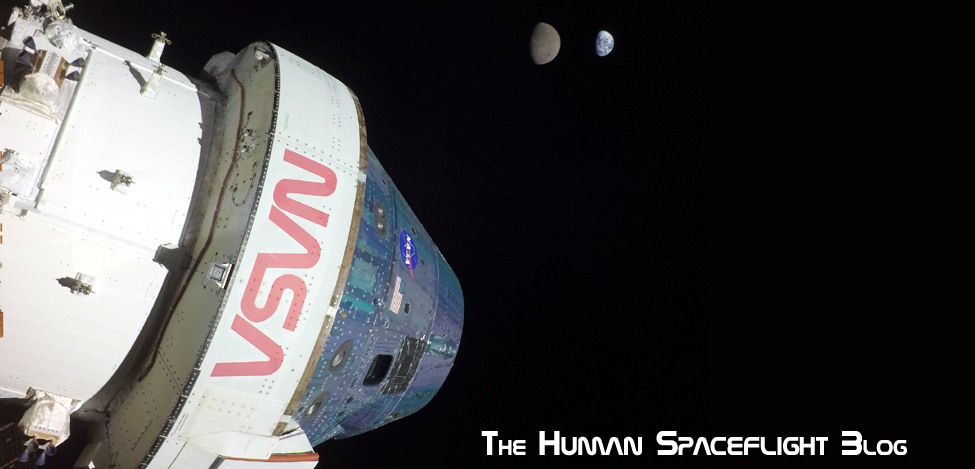Boeing
Boeing Concludes Commercial Crew Space Act Agreement for CST-100 / Atlas V (Press Release - October 17)
Boeing has successfully completed the final milestone of its Commercial Crew Integrated Capability (CCiCap) Space Act Agreement with NASA. The work and testing completed under the agreement resulted in significant maturation of Boeing’s crew transportation system, including the CST-100 spacecraft and Atlas V rocket.
NASA in July approved the Critical Design Review Board milestone for Boeing’s crew transportation system, confirming the detailed designs and plans for test and evaluation form a satisfactory basis to proceed with full-scale fabrication, assembly, integration and testing. It is the culmination of four years of development work by Boeing beginning when the company partnered with NASA during the first round of agreements to develop commercial crew transportation systems. To get to this point, extensive spacecraft subsystem, systems, and integrated vehicle design work has been performed, along with extensive component and wind tunnel testing.
Boeing is one of eight companies NASA partnered with during the last four years to develop a human-rated transportation system capable of flying people to low-Earth orbit and the International Space Station. NASA’s unique approach encouraged companies to invest their own financial resources in the effort and open up a new industry of private space travel. Other current NASA partners Blue Origin, Sierra Nevada Corporation and SpaceX all are deep in development of their own commercial crew transportation systems under separate Space Act Agreements.
NASA's spaceflight specialists from a variety of technical expertise areas not only assisted the companies but also worked closely with them in judging progress and deciding whether milestones in the Space Act Agreements were met.
The partnership with Boeing began in 2010 when NASA selected the company as one of five awardees for the first phase of commercial crew development. NASA’s second round of development awards in April 2011 also included Boeing and called for the CST-100 crew transportation system design to be advanced to the preliminary design review point.
The CCiCap initiative, the third phase of development, began in August 2012 when NASA announced an agreement with Boeing totaling $460 million to advance the design of the integrated transportation system. NASA added an optional milestone in 2013, bringing the total level of NASA investment in Boeing for CCiCap to $480 million.
Development work aligned with milestone goals of the initiative, and work took place at numerous locations across the country to take advantage of unique facilities.
Engineering teams tested and modified mission flight software, including launch, docking, on-orbit, and re-entry and landing maneuvers. Teams conducted mission simulations to advance communications and mission operations planning.
Models of the CST-100 and the Atlas V launch vehicle were tested in wind tunnels. Launch abort engines and thrusters the spacecraft will use for maneuvering in space were test-fired. Work was done to refine the spacecraft and service module designs and make modifications required for human rating the existing commercially available United Launch Alliance Atlas V rocket.
Ground systems design and operation included launch site modification plans for crews and pad workers. Landing and recovery details also were conceived, reviewed, tested and approved.
All this work ensured Boeing’s crew transportation system matured to the verge of flight test article construction.
NASA's goal for the Commercial Crew Program is to facilitate the development of a U.S. commercial crew space transportation capability with the goal of achieving safe, reliable and cost-effective access to and from low-Earth orbit and the International Space Station. The next and final phase of commercial crew development was announced recently with the award of Commercial Crew Transportation Capability (CCtCap) contracts to Boeing and SpaceX. With the new contracts, NASA’s goal is to certify crew transportation systems in 2017 that will return the ability to launch astronauts from American soil to the International Space Station using privately built spacecraft.
Source: NASA.Gov
****
Boeing

No comments:
Post a Comment